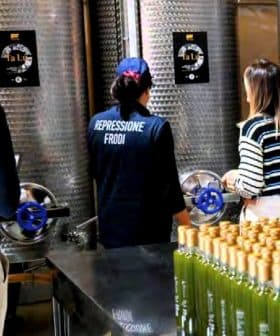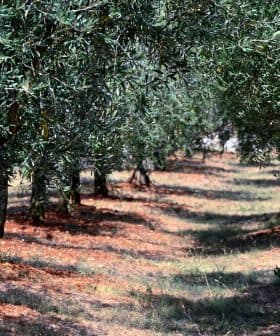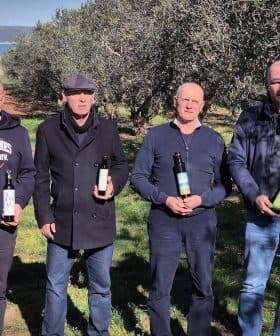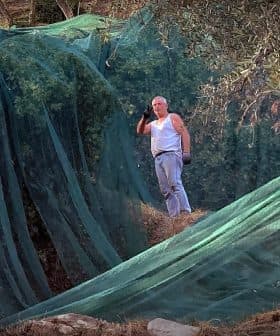Five Years Later, UC Davis Report Still Sends Shockwaves
The UC Davis Olive Center released a report five years ago revealing that 69 percent of imported olive oils labeled as extra virgin failed the IOC sensory standard, sparking widespread controversy and leading to various responses from the industry. Despite criticism and misinformation that followed, the report prompted efforts to improve olive oil quality and distinguish brands, with the debate over standards continuing to this day.
Five years ago today, the University of California at Davis Olive Center released its report on a study of the quality of olive oils in some of the region’s supermarkets. The bombshell report would prove to be a game-changer, cited countless times to illustrate the exploits of unscrupulous producers.
See Also:Court Rejects Relevance of Davis Study in Dismissing Case Against DeoleoThe study, which was funded in part by California producers, was small in scale but it packed a big punch: “69 percent of imported olive oils labeled as extra virgin,” the report proclaimed, “failed the IOC sensory standard.” In other words, most imported extra virgin olive oils were not extra virgin at all.
That simple statement would prove to be irresistible to the mainstream press and the Davis report has been quoted, and misquoted, ever since.
The document became material evidence in class action lawsuits and trade commission hearings. It would be the rallying cry for an effort to establish a marketing order, a bid to impose import controls in the federal farm bill, the establishment of a California olive oil commission and, most recently, the adoption of new quality standards in California.
“It seemed newsworthy at the time,” said Dan Flynn the executive director of the UC Davis Olive Center, “but I didn’t really have any sense of how big it would become and that it would reverberate for as long as it has.” Overwhelmed by the response to the report, Flynn heard over one thousand news outlets had picked up the story within days of its release. “It was my introduction to the modern era and how news spreads,” said Flynn.
Despite such a response, the study and its methods were not without criticism, but Flynn unapologetically stands behind the report. “We were shining a light on a problem that was out there,” he said. “After five years and all that has happened, I feel good about what we did.”
A Google search reveals just how often the Olive Center’s report has been cited over the years, but no citation was as high-profile, and inaccurate, as one in an infamous New York Times infographic that proclaimed 69 percent of all imported olive oils to be “doctored.” While the Times eventually corrected the article, the damage had been done and more accusations flew back and forth across the Atlantic.
Olive oil producers everywhere were justifiably shocked by how effective the Davis report could be in raising suspicion of olive oil in all its forms. Consumer magazines and advocacy groups around the world began conducting their own often pseudo-scientific quality tests that implicated certain oils, but also served to cast a crooked pall over the olive oil business and everyone in it.
Misinformation grew rampant and everyone wanted to know if the olive oil in their kitchen was good or not. Capitalizing on the confusion, the popular television advice guru Dr. Oz told his 3 million viewers that, to check if oil was extra virgin, we simply had to put it in the refrigerator to see if it gelled — a method Oz said served him well but, as it turned out, had no basis in fact.
Since the Davis report, producers on both sides of the ensuing debate have intensified efforts to improve the quality of their products and distinguish brands through designations of origin, competition awards and quality seals. Slowly, people have returned to talking about the health benefits of olive oil again, and how it elevates the tastes of dishes.
Last month, however, the group representing many of the olive oil importers who were the targets of the 2010 study shot back with a report of their own that, they said, revealed the inadequacy of the new California standards. Critics call that report deeply flawed, and the debate lives on.









